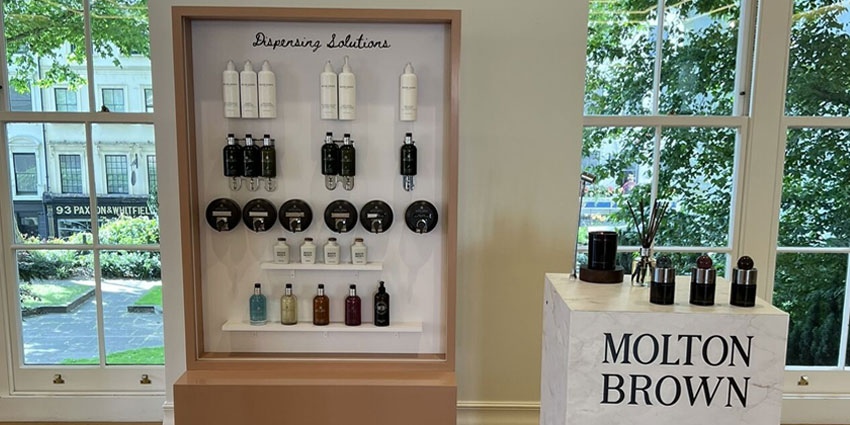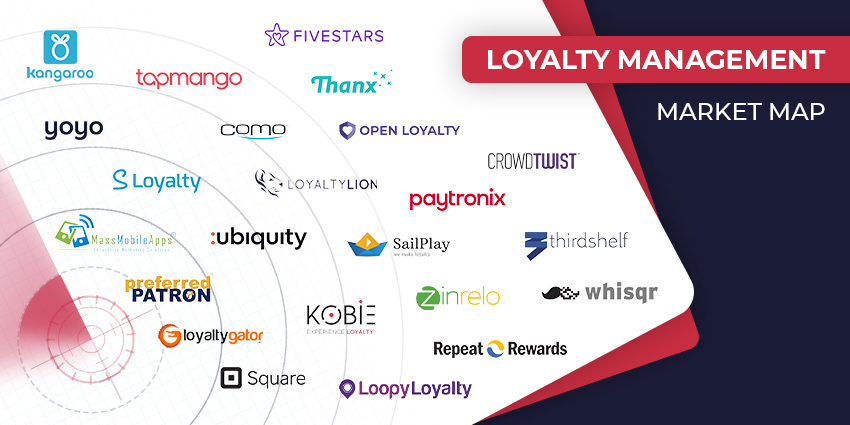A new study by creative technology agency Rehab reveals that only 16% of British consumers feel that the brands buy from truly understand their needs.
The research, coordinated by the revered pollster YouGov, also highlights that most customers (53%) claim to buy products based on adverts just once a year or less.
Of course, many customers may do so more than they conceive. Nevertheless, both findings seem to magnify the importance of accelerating personalisation programmes while also preparing for cookies ending in 2023.
Taking this point further, Rob Bennett, CEO of Rehab Agency, said:
Brands everywhere will need to actually build a relationship with their customers, rather than relying on digital stealth. To do this, they will need to provide customers with more value and more reasons to trust in their relationship.
“Getting it right means pulling technology and marketing together to manage a strategic shift, with absolute transparency on why personal data is collected and how it’s protected.”
Such transparency is critical, as brands will need to collect first party data in an open, consensual manner to evolve personalisation programmes.
In some cases, increased transparency may also provide revenue opportunities, with 35% of people claiming that they would pay £5 for a version of WhatsApp that does not share data with Meta companies. As such, the company is perhaps missing out on a £3.5bn opportunity, according to Rehab estimates.
Yet, in the bigger scheme of things, this research highlights that many businesses may need to evolve their definition of personalisation. It is not just adding a name to an email but tailoring the experience based on data that the customer has wilfully shared. Doing so increases the possibility of meaningful engagement.
Such a conclusion parallels recent Twilio research, which found that the definition of “good or excellent personalisation” differs considerably between brands and customers. Indeed, their study finds that 75% of companies believe they provide such a high level of personalised services, but only 48% of customers agree.
Further Findings from The Rehab Report
The Rehab study uncovers many more fascinating statistics into first party data and CX personalisation. Excellent examples include:
- 70% of Brits considered business data collection an “immoral” practice.
- 80% of people knew nothing about the upcoming changes to internet cookies (which means that customers may react strongly to less-personal experiences)
- 61% of people are not comfortable with businesses knowing their online behaviour
Rehab worked with YouGov to source data for this report, surveying 2,091 UK adults in March 2021.







